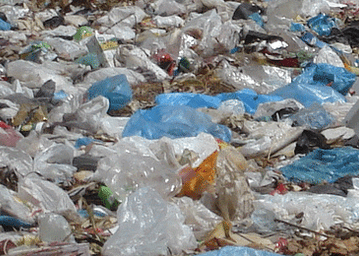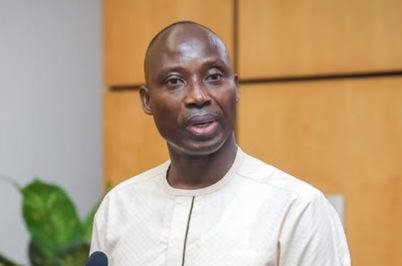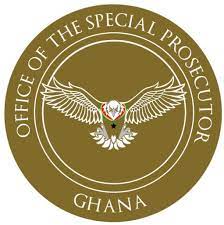
Fortune seems to have smiled on Ghana’s new administration in its first months in office. Crops have been good, more oil has come on stream, export earnings have risen, imports have slowed and the currency has steadied.
The Ghanaian cedi has been a barometer for economic underperformance in recent years. When it was last redenominated 10 years ago, with the removal of four zeros, the currency unit was worth slightly more than a US dollar. It has lost more than three- quarters of its value in the interim.
It was the worst performing currency in Africa in 2014 and over the following two years fell another 24 per cent.
Ernest Addison, new governor of the bank of Ghana, says it should now at least be relatively stable and might move up. “We could see a nominal appreciation of the currency, which we are not used to in this country”.
Thanks to a strengthened buffer of international reserves, Mr. Addison believes that “we are in a better position to intervene in the market to moderate any sudden change in the exchange rate”. Annual inflation, which reached 19 per cent early last year, has fallen to about 12 per cent and is moving unevenly towards the bank’s target of 8 per cent.
Any slippage in the cedi would complicate the government’s debt management and budget outlook. Interest payments on the roughly $30bn of external and domestic public debt take up 30 percent of government revenues.
The government is preparing to issue about $2.4bn of bonds, in tranches, to clean up outstanding energy debts, easing liquidity for banks and bringing the non-performing loan ratio closer to 10 per cent. A potential banking crisis was averted in August when the Bank of Ghana closed two problem lenders, revoking their licenses and transferring their branches and accounts to a partly state –owned bank, GCB.
The move, which was carried out swiftly, succeeded in avoiding a bank run. “It went very smoothly,” says Mr. Addison, who was only four months into the job at the time.
Strict budget constraints pose hard choices for the government in accommodating new commitments while tackling funding gaps in basic services.
93%
Last year’s budget deficit as proportion of GDP.
The country achieved a budget deficit of 9.3 per cent of GDP last year, well above target, and the International Monetary Fund projects a 6.3 per cent shortfall this year. Under a pledge of strict fiscal discipline, a flexible government spending cap of 3-5 per cent comes into force next year.
“We are in a very challenging situation “, says Charles Adu Boahen, a former investment banker with JPMorgan who was brought in as a deputy finance minister. The government needs to inject growth - aiming for 6 per cent, compared with last year’s 3.5 per cent – while reining in spending.
It is counting on a sharp increase in revenues despite making tax cuts to boost business in its March budget. The planned rollout of a digital identification and property address system is aimed at reaching into the huge informal sector, streamlining delivery of services and widening the tax net.
The government has been deleting thousands of “ghost workers” from the 650,000-stronge public payroll – people who no longer work, have died, or have never worked or existed.
But Mr. Boahen says its leeway in cutting the size of the civil service - “actually pretty much a welfare system” – is limited. Public sector over – employment can only be tackled, he says, when the private sector creates alternative jobs.
When added to public sector wages and fixed payments earmarked for district, health and other funds, the sum of these items exceed the total domestic revenues of $7.7bn generated last year. Official figures show.
The government has embarked on a debt restructuring plan, replacing expensive short –term cedi-denomination debt held by domestic and foreign investors with medium and longer-term paper.
The Bank of Ghana’s benchmark rate, which stood at 26 per cent for most of last year, has been cut in stages to 21 per cent. A further monetary policy meeting where the rate will be up for discussion is scheduled for September 22. The deterioration in the economy over the past few years has taken a toll on the banking system, with more than 20 per cent of loans classes as non-performing.
Source FT.com
Fortune seems to have smiled on Ghana’s new administration in its first months in office. Crops have been good, more oil has come on stream, export earnings have risen, imports have slowed and the currency has steadied.
The Ghanaian cedi has been a barometer for economic underperformance in recent years. When it was last redenominated 10 years ago, with the removal of four zeros, the currency unit was worth slightly more than a US dollar. It has lost more than three- quarters of its value in the interim.
Read Full Story
























Facebook
Twitter
Pinterest
Instagram
Google+
YouTube
LinkedIn
RSS